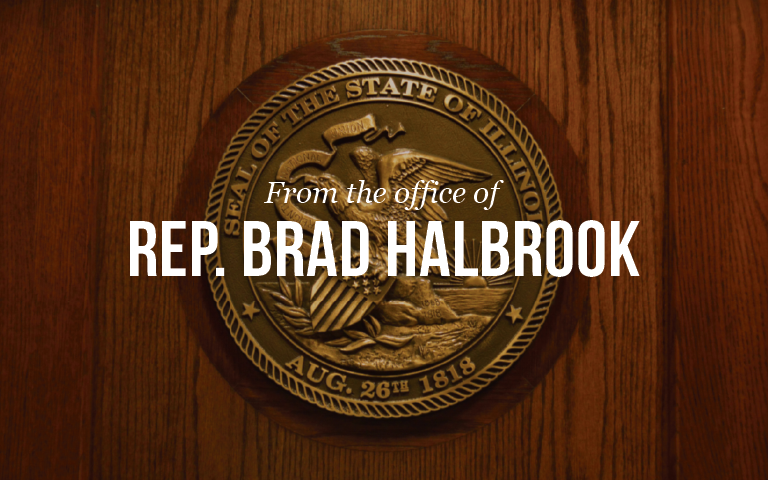Illinois residents pay some of the highest taxes in the nation and unfortunately for Illinois taxpayers the situation is only getting worse.
In April, WalletHub ranked Illinois the highest taxed state in the country. Just three months later the Democrat-controlled Legislature passed a 32 percent permanent income tax hike making the situation even worse. Included in that figure is the second highest property tax burden in the nation.
Illinois has 7,000 units of local government. It is no wonder the Illinois tax burden is so high. But what makes the situation even more egregious is the stockpiling of funds that far exceed the amount of money a local unit of government needs to operate.
For example, Shelbyville Township levied $511,234 in taxes in the 2015-2016 fiscal year. The Township had $1.19 million in reserves at the time which meant the Township had $1.7 million in cash on hand for the 2015-2016 fiscal year. Their expenses that year totaled $443,702. With the cash on hand the Township could have completely eliminated the tax levy altogether and still operated for nearly 4 years.
This spring, I introduced legislation (HB 1896) to address the issue of townships stockpiling cash reserves. The measure places a cap on the accumulation of Township funds, other than the Capital Fund, to 2.5 times the average annual expenditure [of each fund] of the previous 3 fiscal years. The measure has now been signed into law.
It is an affront to taxpayers for townships to continue to collect the highest tax levies possible when it is not needed. As taxpayers, we accept that it is our civic duty to pay our taxes. We understand units of government need tax money to operate but it is not fair to taxpayers for units of local government to take in far more in taxes than they actually need to operate.
There is nothing wrong with local governments having some cash reserves. Emergencies do happen and the responsible thing to do is to make sure there are funds available to adequately address those situations. But in the case of Shelbyville Township, having four times the operating budget in reserves goes far beyond an emergency fund.
It is time we took a hard look at the number of units of local government we have here in Illinois and how we might lower our state’s tax burden. Illinois taxpayers need property tax relief. I believe this new law is a step in the right direction. It is my hope we can build on this new law and enact even more meaningful reforms in the near future.
